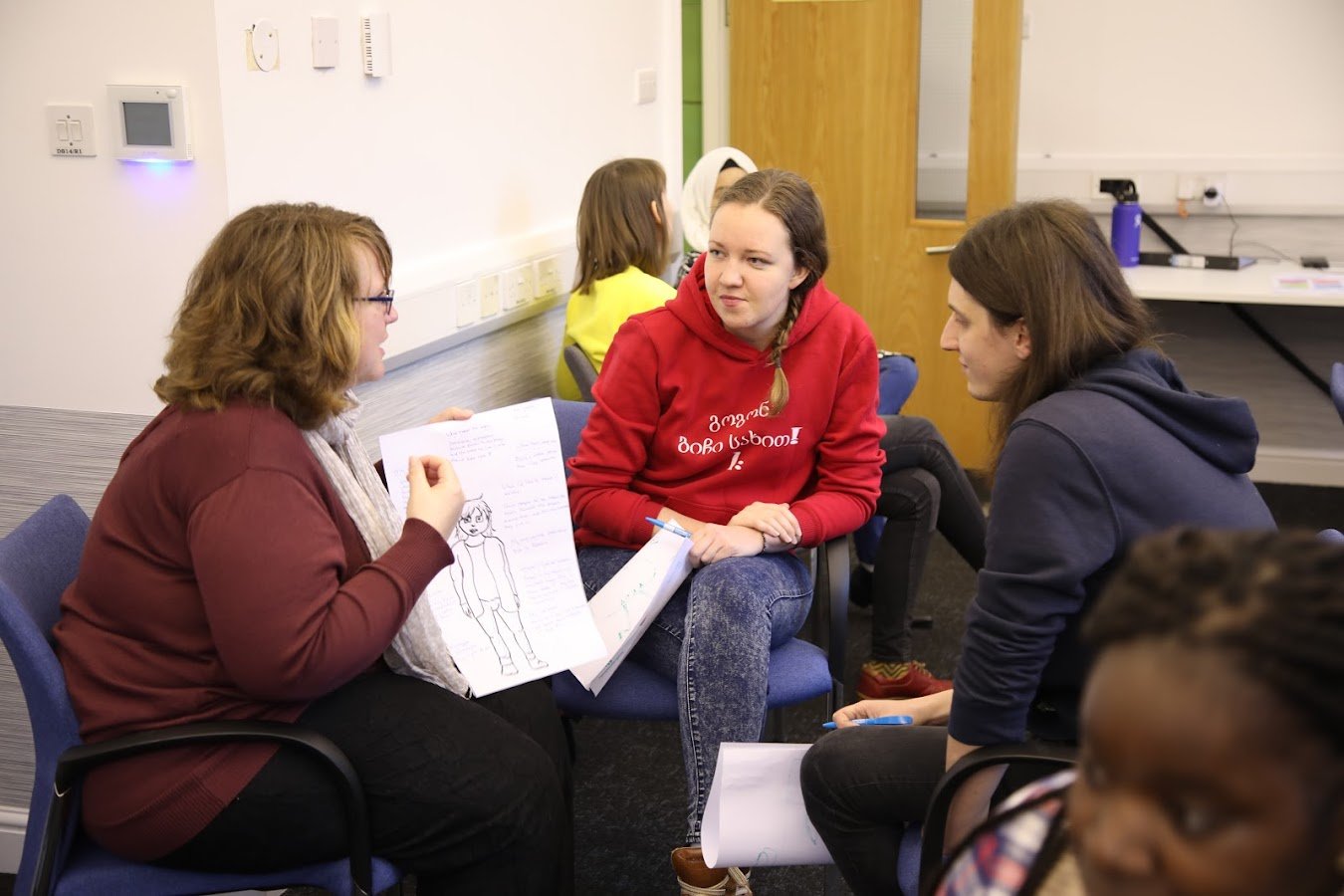Intercultural Skills and You
Course outline
Intercultural behaviours
Course objectives
Course elements
Course outline
Are you a student or young professional interested in working internationally or about to move abroad? Or have you already had some experience working in other countries, and want to enhance your intercultural skills as part of your general career development? Then this course is for you. This is an intensive course, led by professionals with many years’ experience of international and intercultural work. Its aim is to enable you to live and work more confidently and effectively in an international environment.
The course provides an introduction to intercultural practice - the way we behave in different and unfamiliar cultural contexts. What are the factors that influence our own attitudes and behaviours and those of others? What do we mean by culture, and what are the features we need to be aware of? What happens if we get it wrong, and how can we get it right?
Course objectives
The course won’t turn you into an expert practitioner overnight. But it will get you thinking, help you to ask the right questions and encourage you to explore further the fascinating world of intercultural work.
This course will enable you to:
• Examine your own and other people’s preconceptions; and increase your curiosity about other cultures
• Take forward your areas of strength as an intercultural practitioner, and see which areas you want to improve
• Discover further opportunities for personal development and leadership
• Appreciate the key elements of intercultural practice
• Explore ways of managing and resolving cultural conflict
Intercultural behaviours
The knowledge and behaviours developed on this course are directly related to the skills and experience which employers are looking for. Human Resource and other workforce managers typically refer to the following skill areas when selecting candidates at interview or assessing suitability for promotion.
• Connecting with others – finding common ground and building relationships
• Creating a shared purpose – gaining the active support of other people in a project, event or work programme
• Working together – sharing goals and resources to add more value
• Making it happen – achieving quality results, challenging goals by setting clear and demanding objectives to deliver what is required
• Being accountable – demonstrating commitment, holding yourself and others responsible for delivering goals in line with the shared purpose. Giving and accepting constructive feedback
• Shaping the future – creating a clear focus on what to achieve. Spotting opportunities, planning appropriately and creating solutions
Course elements
There are linked work sessions, tailored to the needs of participants
1: Who am I? What are my cultural influences?
• Reflect on your own sense of ‘culture’
• Consider some features which distinguish cultures and societies.
• Consider the role stereotypes can play in our perceptions of ourselves and others.
• Draw helpful distinctions between your own and other cultures
2: Exploring cultures: how do I assess other cultures, and how do I recognise important cultural ideas and behaviours?
• Explore how ‘on the surface’ behaviours often reflect deeply held values and assumptions far below the surface
• Understand how, in intercultural situations, factors such as linguistic ability and local and global interdependencies may affect behaviours.
3: Cultures in practice: how do intercultural misunderstandings arise, and what can we do to anticipate and prevent these
• Consider how working with others can be affected by cultural preferences and expectations.
• Explore ways of avoiding conflict, and solving challenges presented by cultural difference
• Discuss how we can deal with cultural difference.
4: My intercultural practice: what skills and behaviours should I develop or improve?
• Reflect on how to improve personal, and group, intercultural skills and behaviours
5: Action & review: what have I gained from the course and what are my next steps?
• Evaluate the course, and think about how intercultural practice may positively affect your future career options
Course outcomes
• Take forward your areas of strength as an intercultural practitioner, by examining your own and other people’s recent experience.
• Understand the areas in which you are most confident, and which areas you want to improve
• Discover further opportunities for personal development and leadership
• Appreciate the key elements of intercultural practice in real life experiences











